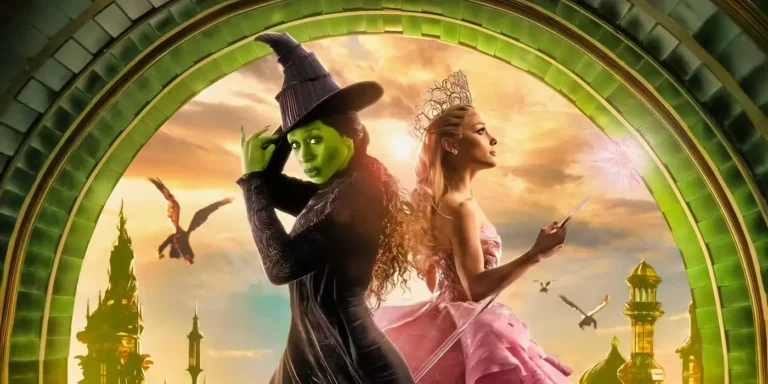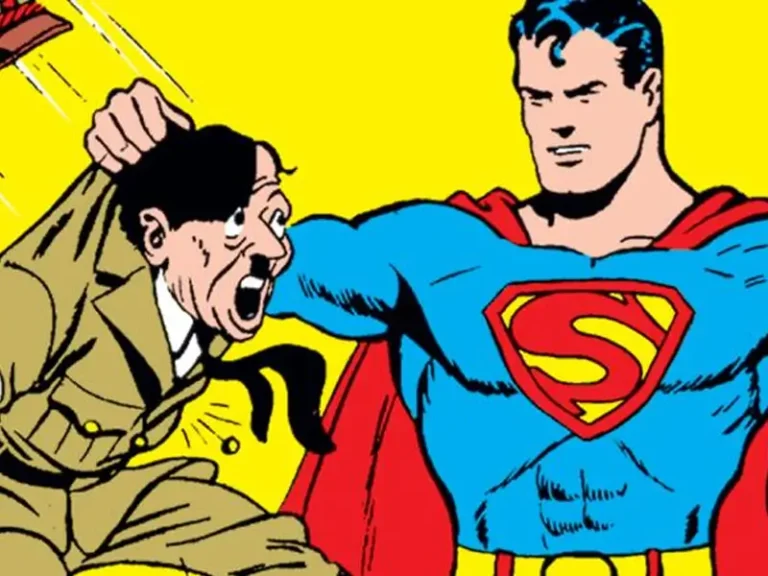Some movies entertain. Some teach. But a rare few do something else entirely. They reach deep inside you, stir something up, and leave you sitting in silence long after the credits finish rolling. The Pursuit of Happyness is one of those films.
Released in 2006 and directed by Gabriele Muccino, this film is not just about struggle. It is about grit, heartbreak, and the quiet kind of strength that comes from love. At the center of it all is Will Smith, who delivers a performance that feels less like acting and more like surrendering to the story.
This is not just a film. It is a mirror for anyone who has ever been close to rock bottom. And it tells us that maybe, just maybe, getting back up is where the real story begins.
A True Story That Cuts Deep
The reason this film hits so hard is because it is true. Chris Gardner, the man behind the story, was a real-life salesman who put everything into a medical device he believed would change his future. It didn’t.
His scanners were expensive. Hospitals didn’t want them. He lost everything. And yet, what makes his story devastating is not just the financial collapse. It is the fact that he had a five-year-old son with him every step of the way. A child he had to feed, protect, and reassure even when they had no home to sleep in.
When his wife left, overwhelmed by the pressure, Gardner found himself alone. No savings. No place to stay. And still, a little hand holding his, trusting him fully.
The Role That Defined Will Smith
There are performances that win awards. And then there are performances that leave a mark on history. Will Smith’s portrayal of Chris Gardner is the second kind.
In one of the most talked-about scenes, Gardner and his son are forced to spend the night in a subway station bathroom. He locks the door with his foot. He holds his child close. And he silently cries. No music. No speech. Just a man breaking quietly.
Smith doesn’t act. He dissolves into the character. You feel every moment. The hunger. The rush between job interviews. The humiliation of being ignored. And above all, the love for a son he refuses to let down.
Jaden Smith’s Gentle Impact
The fact that Jaden Smith plays Gardner’s son in real life adds a layer of authenticity you cannot fake. He is not polished. He is not overly cute. He is just a child, trying to understand the world, trusting that his father will make it okay.
There is one moment where he loses his favorite toy and starts crying. Gardner doesn’t react with anger. He crouches down and comforts him. Even then, his jobless, homeless world does not get in the way of being a father.
That quiet bond between father and son carries the entire film. It feels real because it is.
Why “Happyness” Is Spelled Wrong
You probably noticed it. The title spells happiness as happyness. It is not a typo.
In the movie, Gardner points out a daycare center with the word misspelled on its wall. That small moment matters. In a life full of chaos, this man still believes in correctness. In education. In doing things the right way.
The spelling mistake becomes a metaphor. Just like the world around him, it is off. Unfair. Sloppy. But instead of ignoring it, he refuses to accept it as normal.
The War That Nobody Saw
When Gardner lands an unpaid internship at a major brokerage firm, it seems like hope. But there is a catch. Only one intern will get hired. And he is competing against people who have homes, money, and freedom from the constant weight of survival.
Still, he does not quit.
He works faster than the others by skipping coffee breaks. He solves math problems in his head to save time. He cold calls nonstop. Then he rushes to pick up his son. They sleep in shelters. On the floor. In public bathrooms.
He never asks for pity. He just keeps going.
That level of determination is not cinematic. It is human. Exhausting. And real.
The Scene That Breaks Everyone
Near the end of the film, Gardner gets called into his boss’s office. He expects to be let go.
Instead, they offer him the job.
He nods. Thanks them. Walks outside. And finally, he lets the tears fall.
It is not loud. It is not dramatic. But it hits with the full force of everything he has endured. That moment is not about victory. It is about release.
About knowing you survived.
What The Pursuit of Happyness Actually Teaches
At first glance, it is a film about money. About trying to climb up in a ruthless world. But that is just the surface.
Beneath it, this is a story about belief.
Belief that hard work means something
Belief that failure is not final
Belief that love can carry a person through anything
Chris Gardner didn’t win because he was the smartest. He won because he didn’t stop walking when his legs hurt. Because when everything told him to quit, he whispered back no.
Closing Reflections
You don’t have to be broke or homeless to connect with this story. You just need to have wanted something badly. And to have felt life push back harder.
The Pursuit of Happyness is not just a movie. It is a quiet reminder that the people we admire most often came from nothing. And that the only thing they did differently was refuse to stay there.
That is why this film lives on. Not because it was perfect. But because it was true.
This article is written by Raza Zahur Khan for Wiz Fact.
If this article made you think—bookmark Wiz Fact.
We’re just getting started.
Smart, rebellious ideas are what we do here. Soon, we’ll launch our newsletter too—so these insights can fly straight to your inbox. No fluff. Just facts worth knowing.








